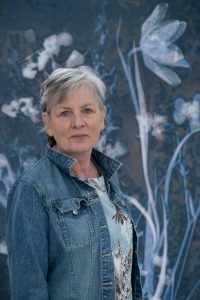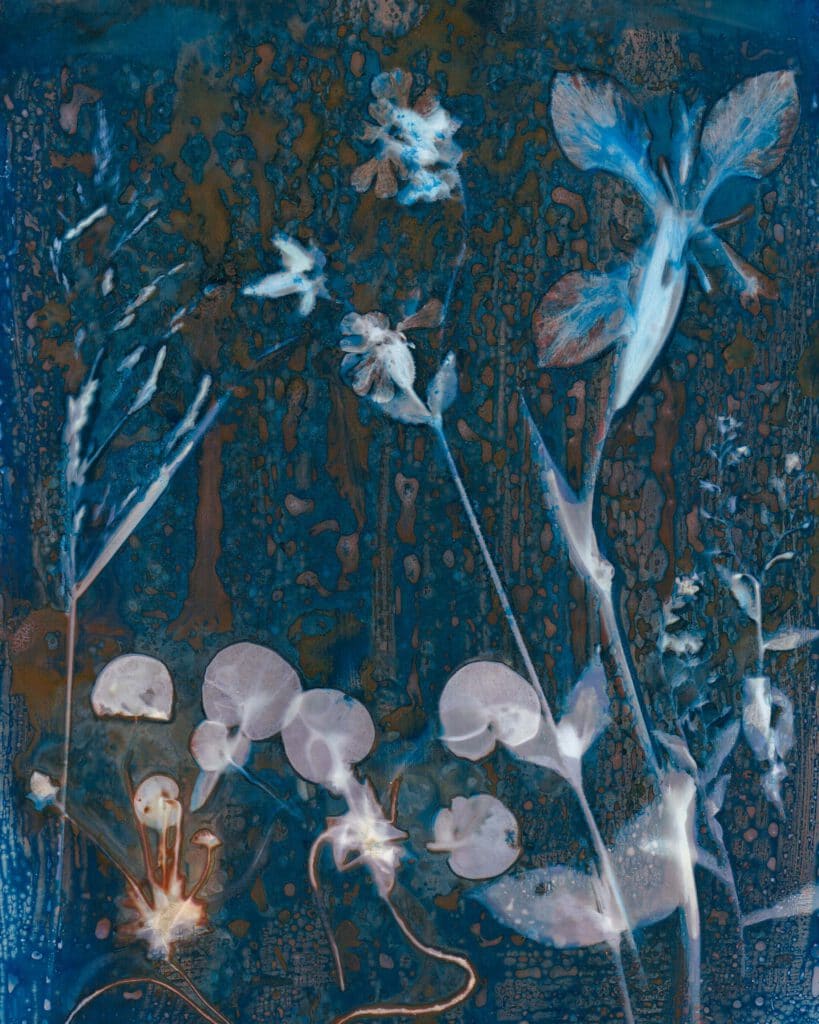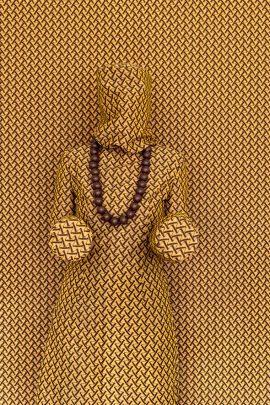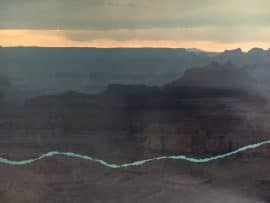Artist: Wieneke de Leeuw
Hahnemühle FineArt Baryta print, print size 40,8x32cm (on paper size 59,4x42cm), mounted on dibond in brown wooden floating. Edition of 8 (+ 1 A.P.).
Bloemstillevens in chemigrammen
Al sinds mijn jeugd in Twente verlang ik ernaar om de Wilde Kievitsbloem te zien. Deze fotoserie maakt deel uit van een long-termproject, waarin ik onderzoek doe naar dit bijzondere bloembolletje. Ik verzamel verhalen van bewoners, beheerders en historici en onderzoek de achtergrond van dit bloempje.
Voor deze fotoserie ‘Bloemstillevens in chemigrammen’ heb ik onderzoek gedaan naar bloemstillevens uit de 16e en 17e eeuw en de ecologische omgeving waarin de kievitsbloem voorkomt. De fotografische vormgeving in chemigrammen is een tijdrovend en intensief proces met zonlicht. De structuren verwijzen naar de vlekken op de pagina’s van de oude Herbaria en door de originele kleuren krijgt het een warme authentieke sfeer. Dit is de uitstraling die ik zocht.
In Nederland bloeit negentig procent van deze zeldzame bloembolletjes in het voorjaar in de IJsseldelta bij Zwolle. Ik vind het belangrijk om deze geschiedenis te bewaren, zodat dit bloempje gewaardeerd en gezien blijft worden.
Flower still lifes in chemigrams
Since my childhood in Twente (Netherlands) I have longed to see the Wild Lapwing flower. This photo series is part of a long-term project, in which I am researching this special flower bulb. I collect stories from residents, administrators and historians and research the background of this flower.
For this photo series ‘Flower still lifes in chemigrams’ I have researched flower still lifes from the 16th and 17th centuries and the ecological environment in which the lapwing flower occurs. The photographic design in chemigrams is a time-consuming and intensive process with sunlight. The structures refer to the stains on the pages of the old Herbaria and the original colors give it a warm authentic atmosphere. This is the look I was looking for.
In the Netherlands, ninety percent of these rare flower bulbs bloom in the spring in the IJsseldelta near Zwolle. I think it is important to preserve this history, so that this flower continues to be appreciated and seen.

(© photo: Karin van Bijlevelt)







There are no reviews yet.